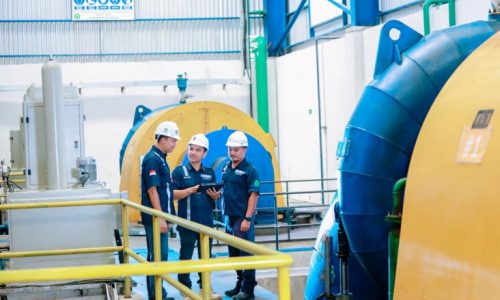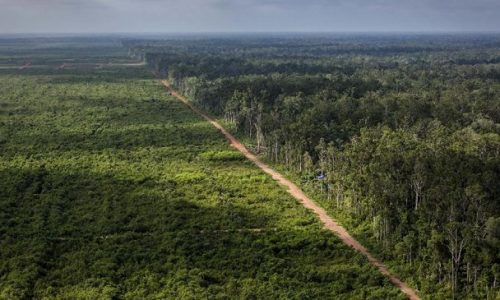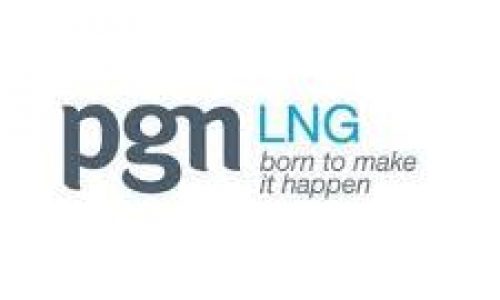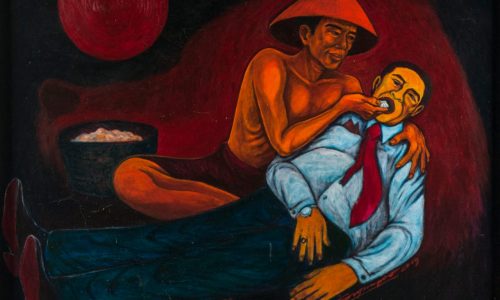The Ministry of Energy and Mineral Resources (ESDM) is considering restricting the development of class II nickel smelters. The decision is prompted by concerns surrounding the balance of nickel ore supply and demand to ensure existing smelters receive a sufficient nickel ore supply for continued operations.
The ministry emphasizes the need for a balance between nickel ore supply and demand to prevent Indonesia from becoming a nickel ore importer in the future.
“ESDM has a plan for these limitations. The government will no longer issue permits for the construction of smelters utilizing Pyrometallurgy processes for class II nickel,” revealed Irwandy Arif, Special Staff to the Minister of ESDM for Accelerating Mineral and Coal Governance, on October 18, 2023.
Irwandy further elaborated that the government would comprehensively evaluate this policy, addressing existing nickel processes in Indonesia, including both low-grade (limonite) and high-grade (saprolite) nickel.
Currently, Indonesia has 44 smelters employing pyrometallurgy processes towards stainless steel production, while 3 smelters use hydrometallurgy processes for battery production. The consumption of nickel ore for pyrometallurgy with saprolite is estimated at 210 million tons per year and 23.5 million tons for limonite.
The ongoing construction phase of 25 smelters demands a nickel supply of 75 million tons per year. Meanwhile, in the hydrometallurgy battery production sector, 6 smelters under construction require 34 million tons of nickel ore annually.
In the planning phase for pyrometallurgy, there are 28 smelters, and 10 smelters are directed towards hydrometallurgy, with requirements of 130 million tons and 54 million tons per year, respectively.
“In total, there are currently 116 smelters, consisting of 97 pyrometallurgy smelters and 19 hydrometallurgy smelters, not to mention the new ones,” stated Irwandy.
Arif S. Tiammar, the Advisory Board of the Prometindo Association, supports the ESDM’s decision to impose a moratorium on class II nickel smelter development, considering it a prudent step to limit excessive production.
“Frankly, I wholeheartedly support the efforts to restrict the development of ferronickel or ferrometallurgy-based projects that consume saprolite nickel ore to produce FeNi or NPI or matte. Even though we have vast reserves in the hydrometallurgy sector derived from limonite or low-grade nickel ore,” Arif explained.
He highlighted several reasons for endorsing this moratorium policy. Firstly, to restrict excessive production capacity, which has positioned Indonesia as the world’s largest NPI producer.
“The production capacity is already extraordinarily significant, and based on 2022 data, it reached 9 million tons of NPI (nickel pig iron) with a nickel content of 1.1 million tons per year. This limitation on production is the first reason I agree with the moratorium,” Arif emphasized.
Secondly, Indonesia’s nickel ore reserve resilience and thirdly, supply-demand dynamics impacting the global NPI market prices.
“As a practitioner in the industry, the current NPI or FeNi prices are considerably lower than two years ago due to the abundant supply of NPI, causing the prices to decline. This is why we strongly agree with this moratorium effort,” Arif concluded.










